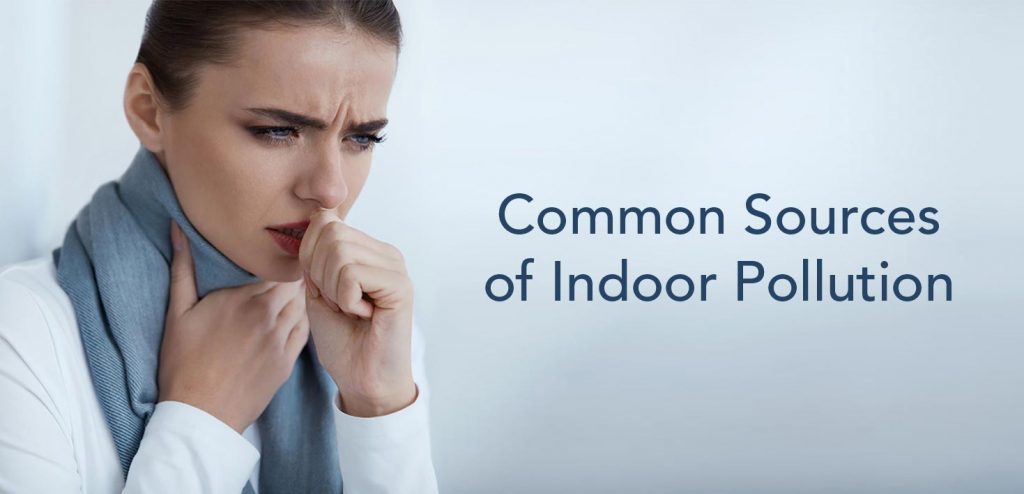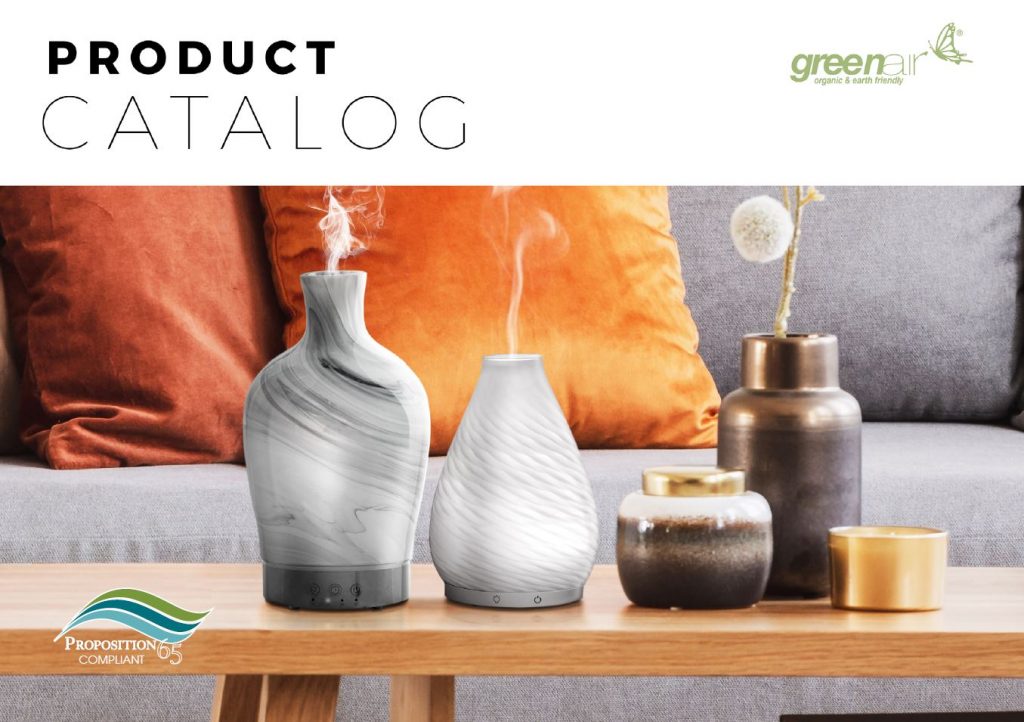
Common Sources of Indoor Pollution:
Everyday Things That Affect Indoor Air Quality
Most people are unaware what items in their home can be affecting the air they breathe. Here are some tips to help identify harmful products and keep indoor air safer.
When people think “air pollution”, the first things that come to mind are smoke, smog, or fumes emitted from factories and industrial sites. On the contrary, the Environmental Protection Agency (EPA) mentioned studies about how indoor air is usually more toxic than outdoor air, even in the most industrialized and largest cities. Other research indicates that people spend approximately 90% of their time indoors, increasing their exposure to air pollution indoors than outdoors.
With the ongoing pandemic, safety protocols in place have resulted in most people spending the majority of their time at home for work, school, or to practice social distancing. This means a higher risk of exposure to contaminated air, and therefore, a higher risk of developing associated health risks. But what exactly can cause air pollution in your home? The American Lung Association listed several items in your household that can contribute to poor indoor air quality.
CARPETS
Having a carpet is a great addition to your home as it not only adds to your aesthetic but also warms your feet, especially during the cold months. However, most individuals are not aware that carpets hold many pollutants that are redistributed in the air whenever the carpet is disturbed – pollutants like dust mites, pet dander, cockroach allergens, particle pollution, lead, mold spores, pesticides, dirt and dust. Additionally, chemicals in some new carpets, carpet pads and the adhesives used to install them exude gases that can be harmful to your lungs and nervous system over an extended period.
If you cannot avoid having carpets at home, regular vacuuming with a HEPA filter and annual steam deep cleaning can help reduce the pollutants caught in carpet fibers. Additionally, avoid keeping carpets in kitchens, bathrooms, and entryways, as these areas can become damp and provide a breeding ground for mold.
HOUSEHOLD SOLVENTS
Products like furniture polishes, lighter fluids, fuels, paint removers, oil-based paints, and specific pesticides could potentially cause fatal pneumonia when they are ingested accidentally. They should not be used in spaces that are not well ventilated since they can have serious side effects.
E-CIGARETTES
Electronic cigarettes, popularly referred to as E-cigarettes, can also affect the air quality in your house. While they do not give off smoke, they do emit vapor when you exhale. Compared to traditional cigarettes, the vapor contains greater concentrations of ultra-fine particles. E-cigarettes are banned in 19 states in smokeless areas. Therefore, if you must smoke them, it would be best to do it outside the house to avoid contaminating the air in your home, affecting other dwellers in the house.

CLEANING AGENTS
Most cleaning agents you use in your home for everyday cleaning, such as killing germs, laundry, or getting rid of grime, contain toxic compounds. Most of them emit volatile organic compounds or VOCs that are hazardous to the environment, which means that exposure to them over an extended period can cause serious health problems. The more you use them, the more they accumulate in the air in your home.
With the popularity of safe and sustainable cleaning practices, more and more brands and companies are steering away from dangerous household chemicals and introducing products with more natural ingredients. Always remember to research what goes into your cleaning products to make sure they don’t contribute to indoor air pollution in your home.
AIR FRESHENERS
People often purchase home air fresheners or car fresheners to improve the scent quality in their spaces. However, most individuals do not consider what their car fresheners or air fresheners contain. They omit various chemicals, and some of them could react and form new and different pollutants. This could potentially trigger breathing problems, asthma attacks, and migraines.
DAMPNESS & MOLD
Various factors like water leakage through the roof can contribute to your house being damp. A lot of dampness in the house will result in the growth of mold, which gives off an unpleasant smell. It is also worth noting that dampness can cause the increase of dust mites in your home. Having mold in your home can result in you contracting respiratory illnesses. Therefore, get rid of mold as soon as you spot it, or you could get professionals to get rid of it.
AIR PURIFIERS
Air purifiers are a great option to improve your home’s air quality. However, not all of them are great. Some of them can make the air in your house even worse. This includes air purifiers that generate ozone, so it would be best to avoid these. Indoor ozone is harmful to your health, so you have to be careful when buying an air purifier.

Greenair has recently launched the Ionic Air Purifying Oil Diffuser with Advanced Two-Part Air Filtration Technology. It combines the power of a HEPA filter and Activated Charcoal filter which effectively removes airborne particles and allergens, all while neutralizing household odors, airborne chemicals, gaseous pollutants, fumes, vapors, cigarette smoke, pet odors, cooking smells and more. Additionally, the Ionic Air can be used with essential oils, which are a safe remedy in improving the quality of air in your home. Find more air purifiers and diffusers that fit your needs here.
RADON
Exposure to radon, a naturally occurring gas, can cause lung cancer over time. Radon may be trapped in the house for an extended period, meaning that people dwelling in that house can be affected and end up getting lung cancer. Radon is usually released from the bedrock and soil and can get into your home through wall cracks.
It is also worth noting that granite countertops could produce radon. The Environmental Protection Agency notes that indoor granite does not cause a significant increase in radon indoors. Instead of changing your countertop, it would be best to focus on fixing the main channels, cracks in your home’s foundation, and walls. Remember that you can get a radon test done. There are two options. You can either have a professional do the test or get a kit and do it yourself.

CONCLUSION
The home should always be a safe and healthy place for your family, especially the air you breathe. Air pollution we breathe can harm our health. Poor indoor air quality can cause or contribute to the development of infections, lung cancer and chronic lung diseases such as asthma. What’s worse, it puts those at risk in even more danger. Make healthy air in your home your goal.




